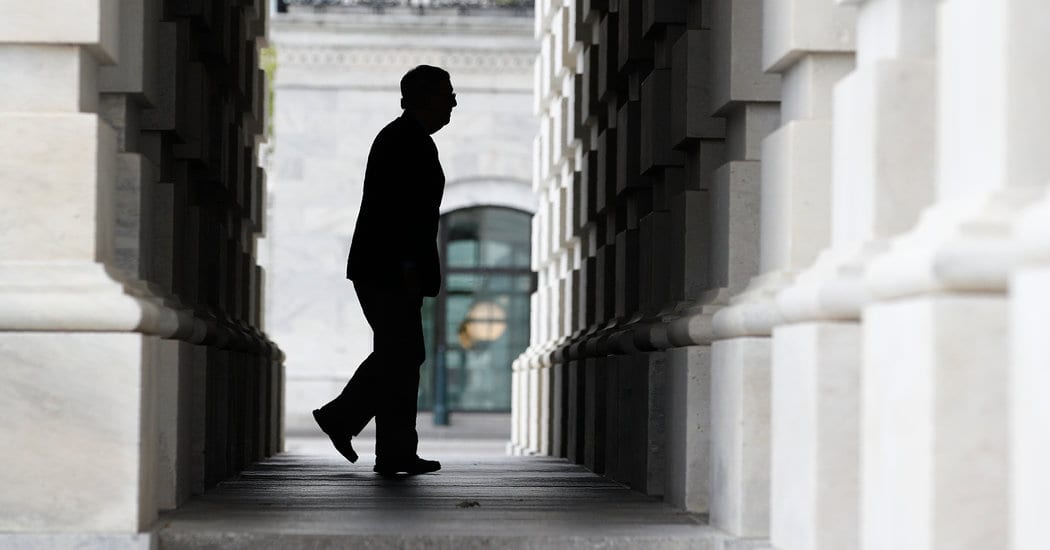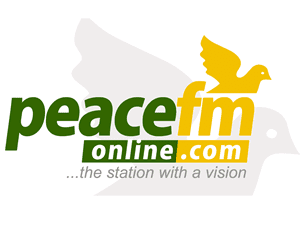[ad_1]
The United States economy is in free fall, with tens of millions of people unemployed and countless businesses at risk of collapse. Congress has already allocated nearly $3 trillion to contain the crisis, and it is widely understood that it will need to do more.
Yet with stunning speed, the political conversation has pivoted from whatever-it-takes determination toward a different feeling: outrage.
Increasingly, lawmakers, media coverage and ordinary voters are focused not on preventing a potential depression, but on litigating which recipients of federal rescue are morally worthy and which are not.
For many on the political left, that has expressed itself as outrage at big corporations taking advantage of government rescues or cheap credit supplied by the Federal Reserve. On the right, it has included anger at federal government support for state and local governments, and at expanded unemployment insurance benefits supporting the jobless. For the news media, it has meant articles about rescue money going to arguably unworthy organizations like prep schools and steakhouse chains.
In effect, a scramble is underway to define who counts as deserving of a piece of the multi-trillion dollar federal rescues. The risk is that this fuels a sense of scarcity, of zero-sum jockeying. It has the potential to limit the government’s response and suspend help to affected individuals, businesses and governments before the crisis is anywhere close to ending.
“My conservative friends don’t think states and cities deserve help,” said Tony Fratto, who worked in the George W. Bush White House and is now a partner at Hamilton Place Strategies. “My progressive friends think certain businesses don’t deserve help. And my libertarian friends don’t want anyone to get help.”
“These are the seeds of long, slow, painful recoveries,” he said.
In particular, there is an emerging tendency to apply a lens that made more sense in the 2008 global financial crisis and its aftermath: the idea of “moral hazard.” Economists use the term to refer to the bad incentives that are created when people or companies know they will be rescued from their mistakes.
In the last crisis, conservatives complained about mortgage relief for home buyers who had borrowed more than they could afford — a televised rant about one such program helped spawn the Tea Party movement.
The bank bailouts of that era involved huge moral hazard problems, in that the very financial institutions that had fueled a mortgage bubble were being protected from its full consequences.
But arguments that similar concerns should apply in the Covid-19 crisis are less persuasive.
“They bailed out financial firms that had directly caused the housing bubble and financial crisis,” said Mike Konczal, a fellow at the liberal Roosevelt Institute. “That’s moral hazard and that’s real, and it made people angry for good reason. This is not that situation.”
But that crucial difference — that corporations are victims of the coronavirus, not the cause of it — is ignored by an emerging thread of commentary, both from libertarian-minded people in the financial sector and from liberals who are unhappy that companies that have spent years returning profits to shareholders through buybacks now seek government help.
In the first group, for example, is Howard Marks of Oaktree Capital, who wrote recently that “when people get the feeling that the government will protect them from unpleasant financial consequences of their actions, it’s called ‘moral hazard.’”
“People and institutions are protected from pain, but bad lessons are learned,” he said.
Plenty of companies came into this crisis with high debt levels that left them particularly vulnerable to a shock, but it’s also the case that no business can really be prepared for the kind of shock that the world economy is now experiencing.
Moreover, in the absence of the aggressive actions by the Federal Reserve to pump money into corporate bond markets, many businesses would presumably end up in bankruptcy not because they were flawed but because of a freeze-up in the availability of borrowing.
In normal times, bankruptcy is an efficient process to wipe out shareholders and turn a company over to its creditors. But an enormous wave of bankruptcies — which would take place if the government allowed the full effects of the pandemic to be felt — would have long-term consequences for working Americans and the overall economy.
Even in the best of times, bankruptcy restructuring often allows layoffs to be made without severance costs, as creditors renegotiate union contracts and other employment agreements. Now let’s imagine that thousands of large companies across dozens of industries entered Chapter 11 bankruptcy at once. This would overwhelm the bankruptcy courts and cause a shortage of “debtor-in-possession” financing that would allow companies to keep operating while restructuring. Many perfectly good companies would end up liquidating rather than surviving it.
A wave of bankruptcies might be good for enabling distressed debt investors to buy up valuable assets for pennies on the dollar. But it would be catastrophic for American workers, leaving behind industries even more concentrated among a few giants. It would most likely take years for the tissue of economic relationships to heal.
“It’s one thing when bankruptcy happens in a normal healthy economy where the cycle of creative destruction is happening,” said John Lettieri, chief executive of the Economic Innovation Group. “But right now we have destruction and massive closures.”
Similar logic is playing out across other areas of the federal rescue.
Mitch McConnell, the Senate majority leader, raised the possibility in an April interview that states that found themselves short of cash should be able to allowed to go bankrupt. Though he later backed away from that position, he and other Republicans have made clear they don’t want Democratic-leaning states with large public employee pension obligations to be bailed out with federal money.
States are uniformly facing collapsing revenue because of the pandemic, raising the prospect that even those with sound pre-crisis finances will have to make deep cuts in the coming years. This could hold the economy back even once the private sector rebounds.
The Paycheck Protection Program, the government’s signature effort to pump money to smaller businesses that agree to keep their employees on staff, has proceeded amid recriminations over whether businesses are truly worthy if they have access to funding elsewhere.
Part of the problem was Congress’s decision to initially fund the program with $350 billion, far below the needs of smaller businesses looking to cover their payrolls, and to expand it in a second round. The limited availability of money created an atmosphere of scarcity in which any business that gets aid — including large restaurant chains like Shake Shack and Ruth’s Chris Steak House, and firms with venture-capital funding — does so at the cost of another firm that might seem more worthy.
“The fact that there is more outrage over one bad business getting a P.P.P. loan than 100,000 companies deserving one but not getting one because of the anemic funding is ludicrous,” Mr. Lettieri said. “People have been chasing the shiny object of ‘who is most deserving, who isn’t, and where do you fall on the spectrum of need,’ which is a completely misguided way to approach this.”
The pandemic has no moral logic of its own. The steps that are most likely to revive the economy don’t depend on some abstract notion of what is fair. And outrage that some group you don’t like received help probably won’t make things better.


















